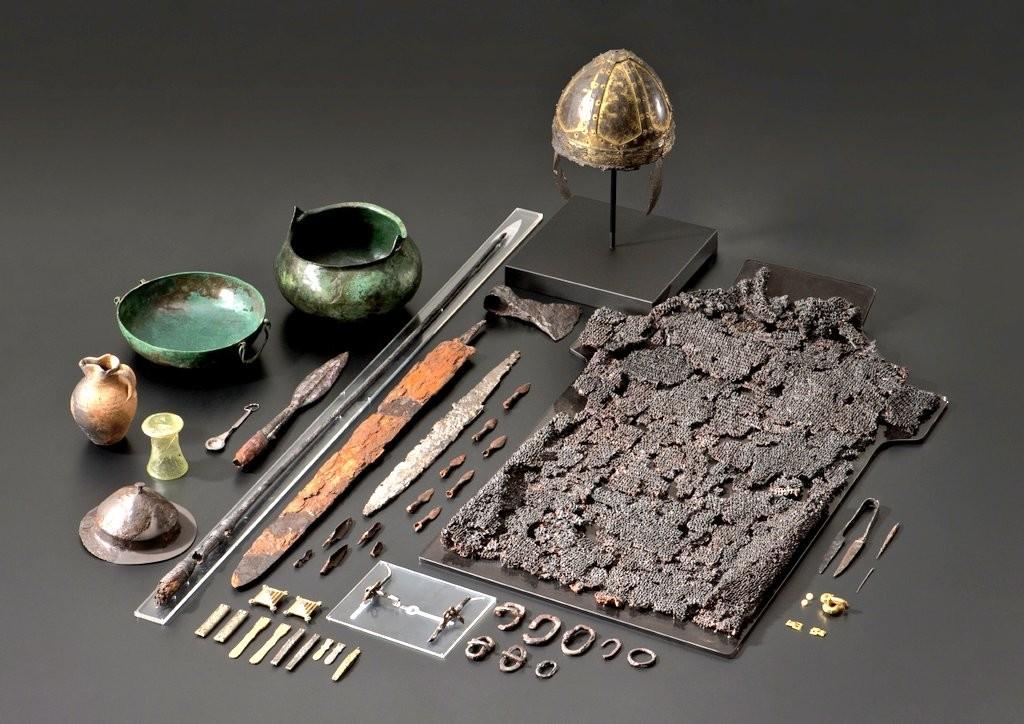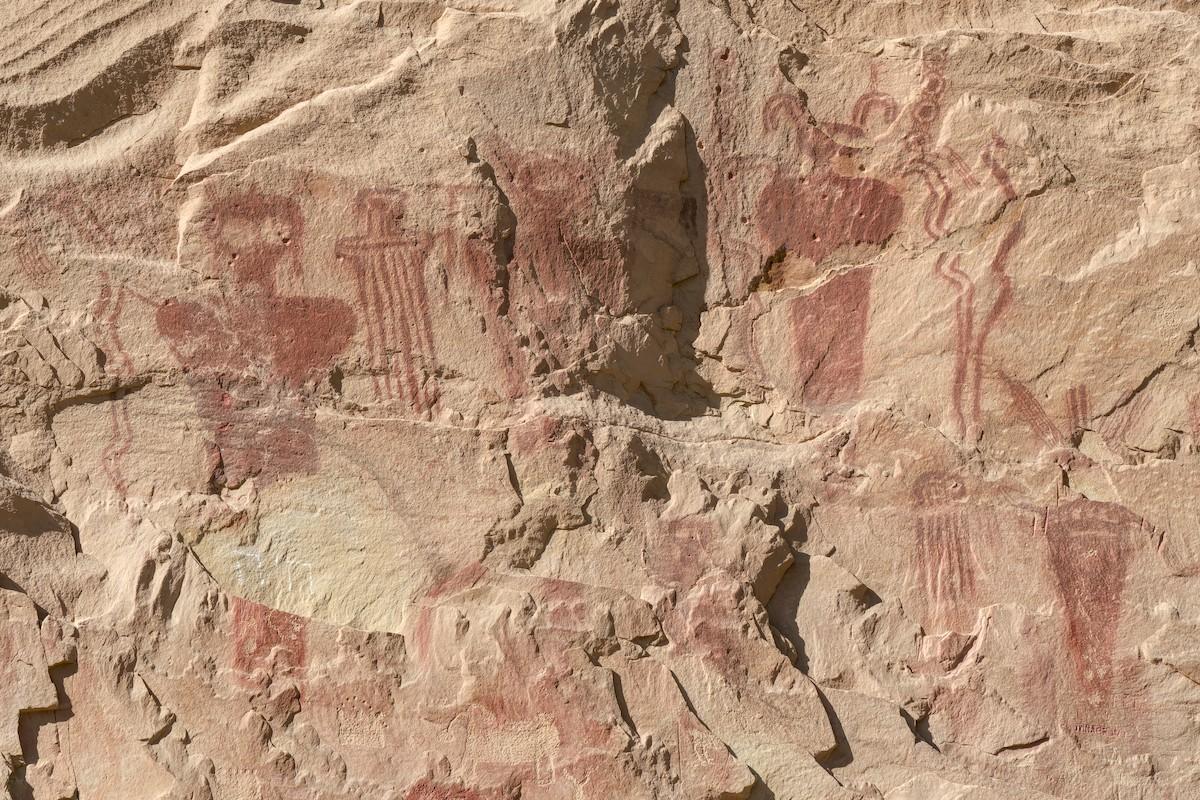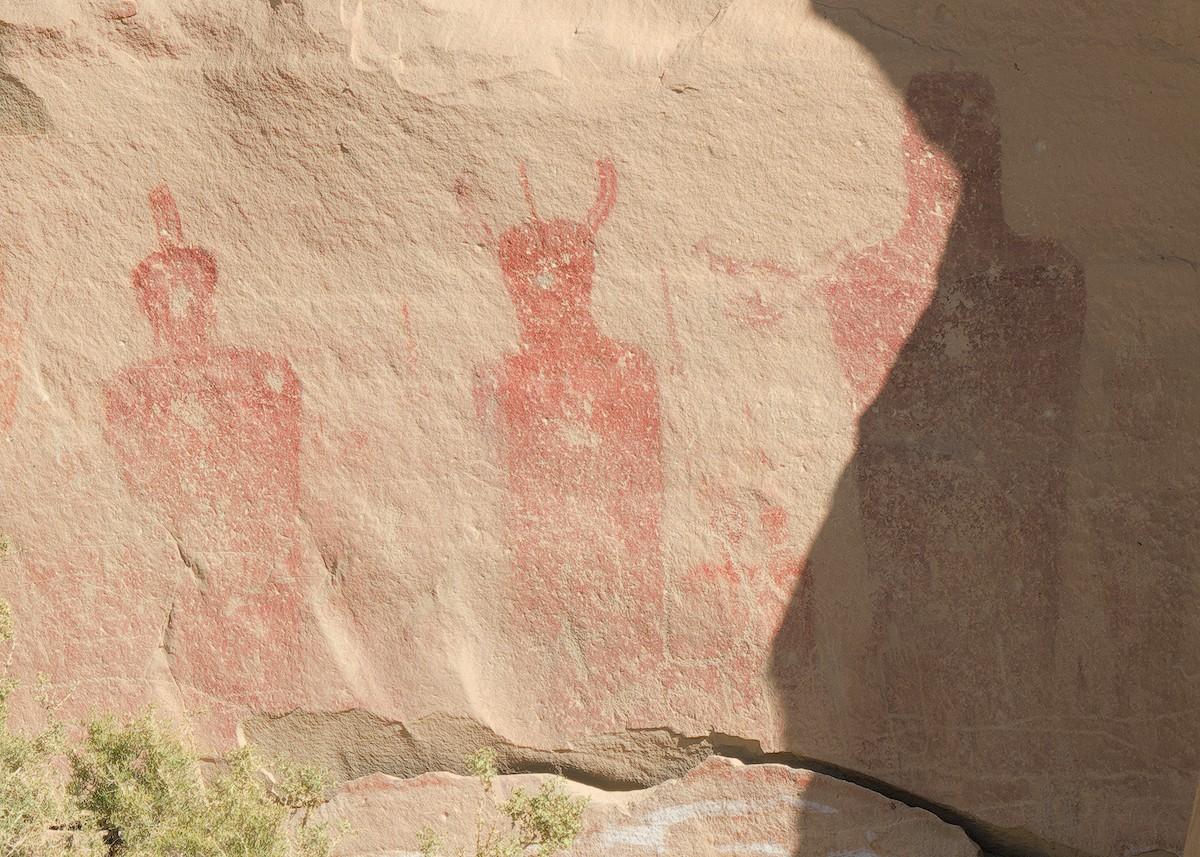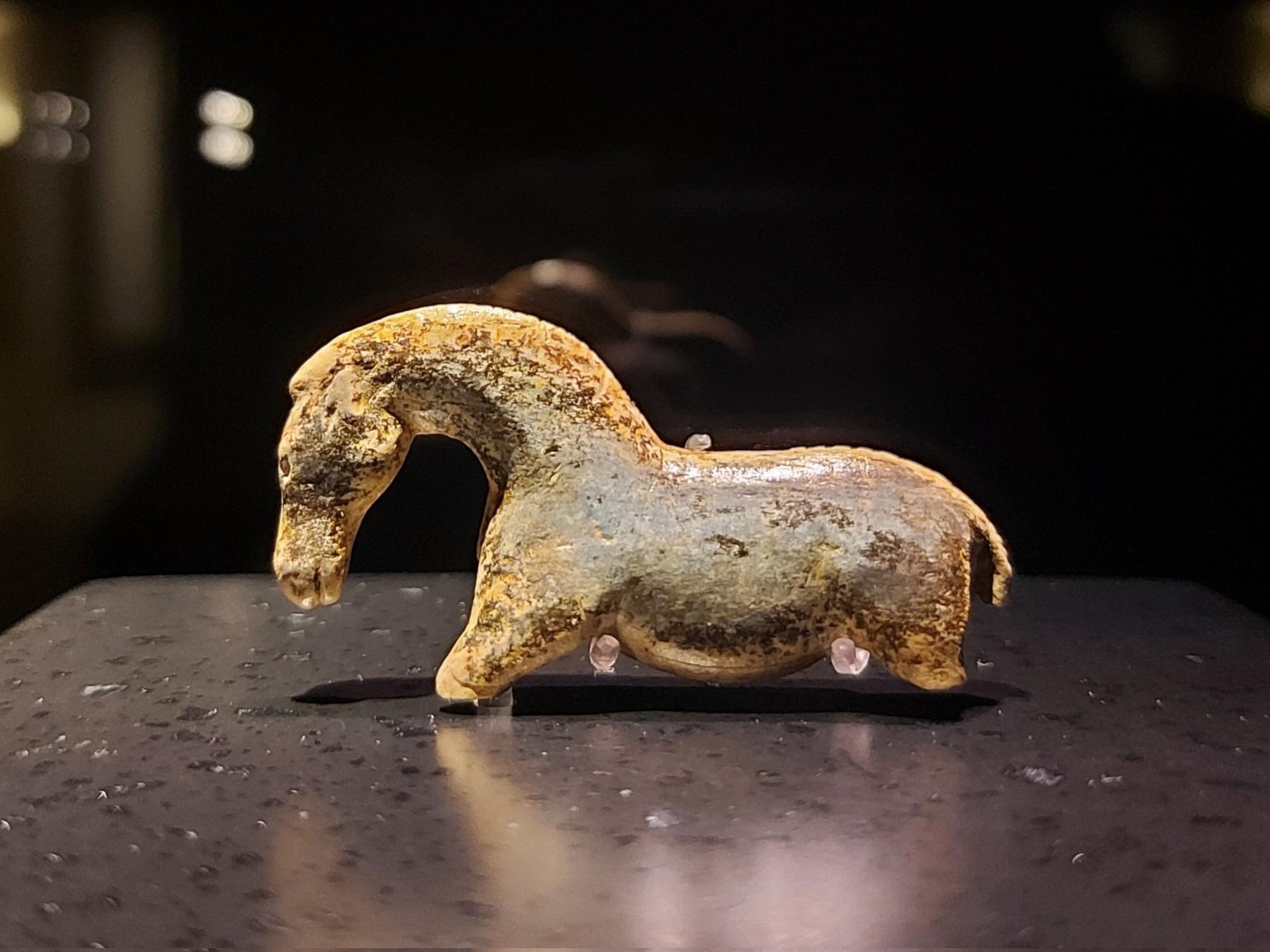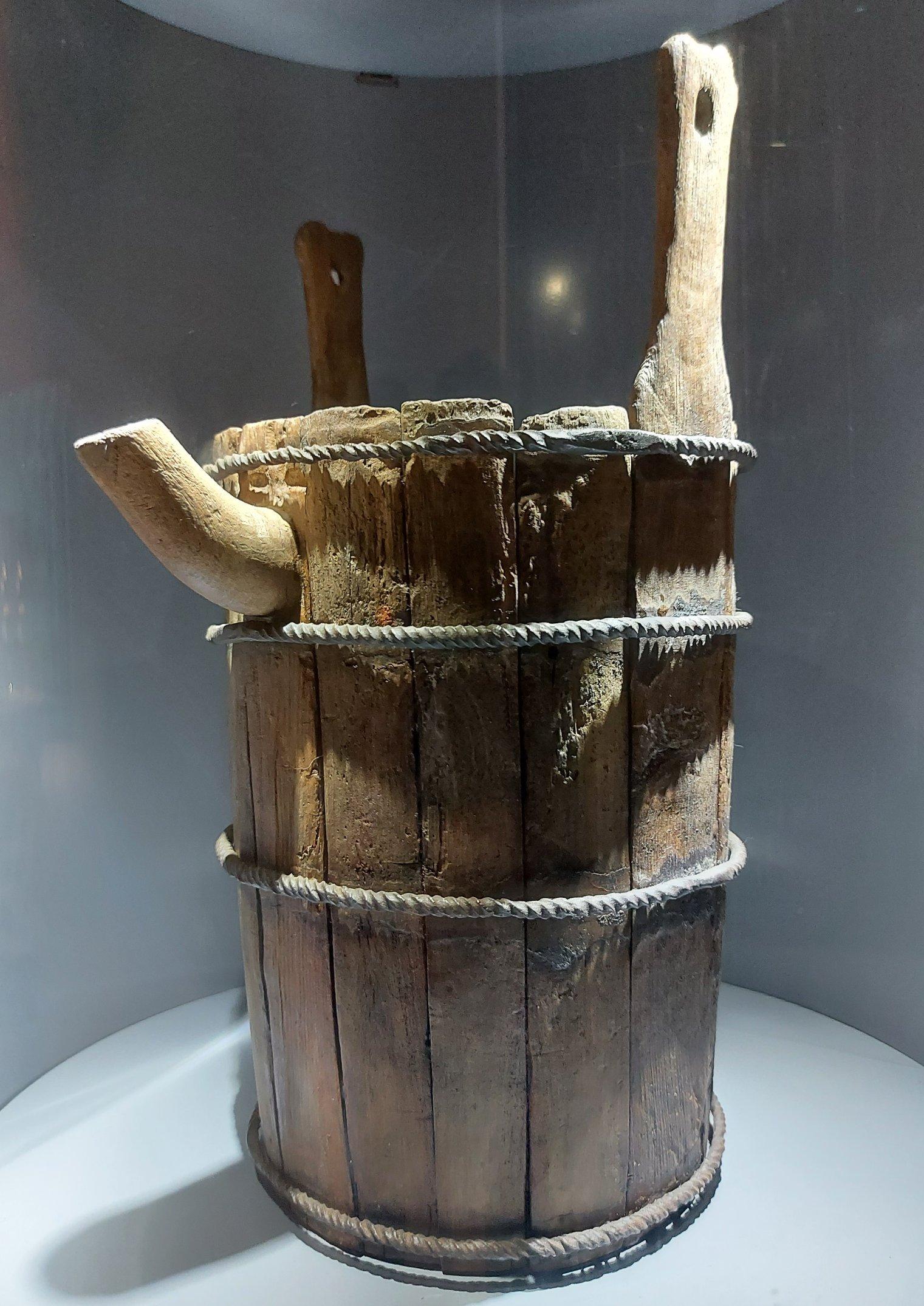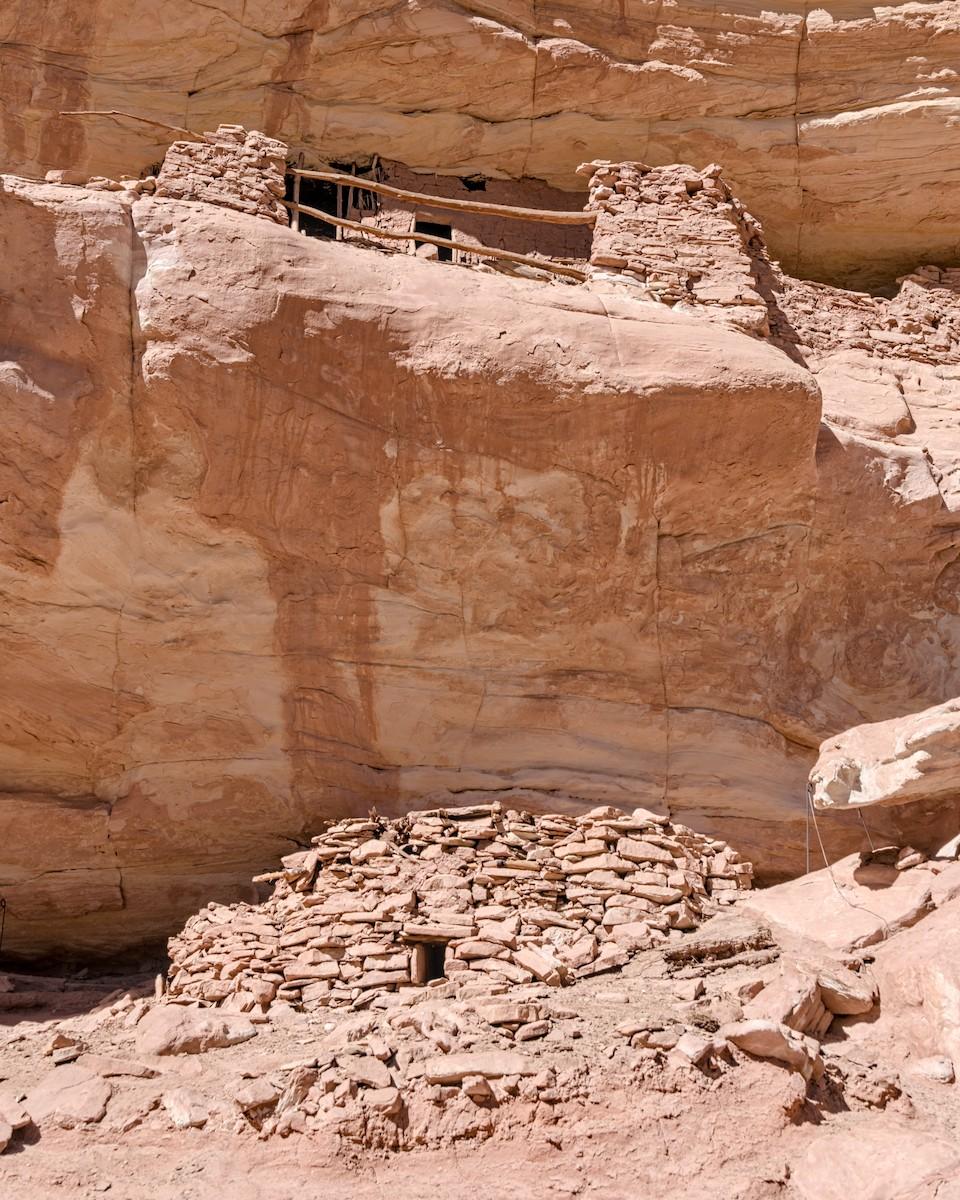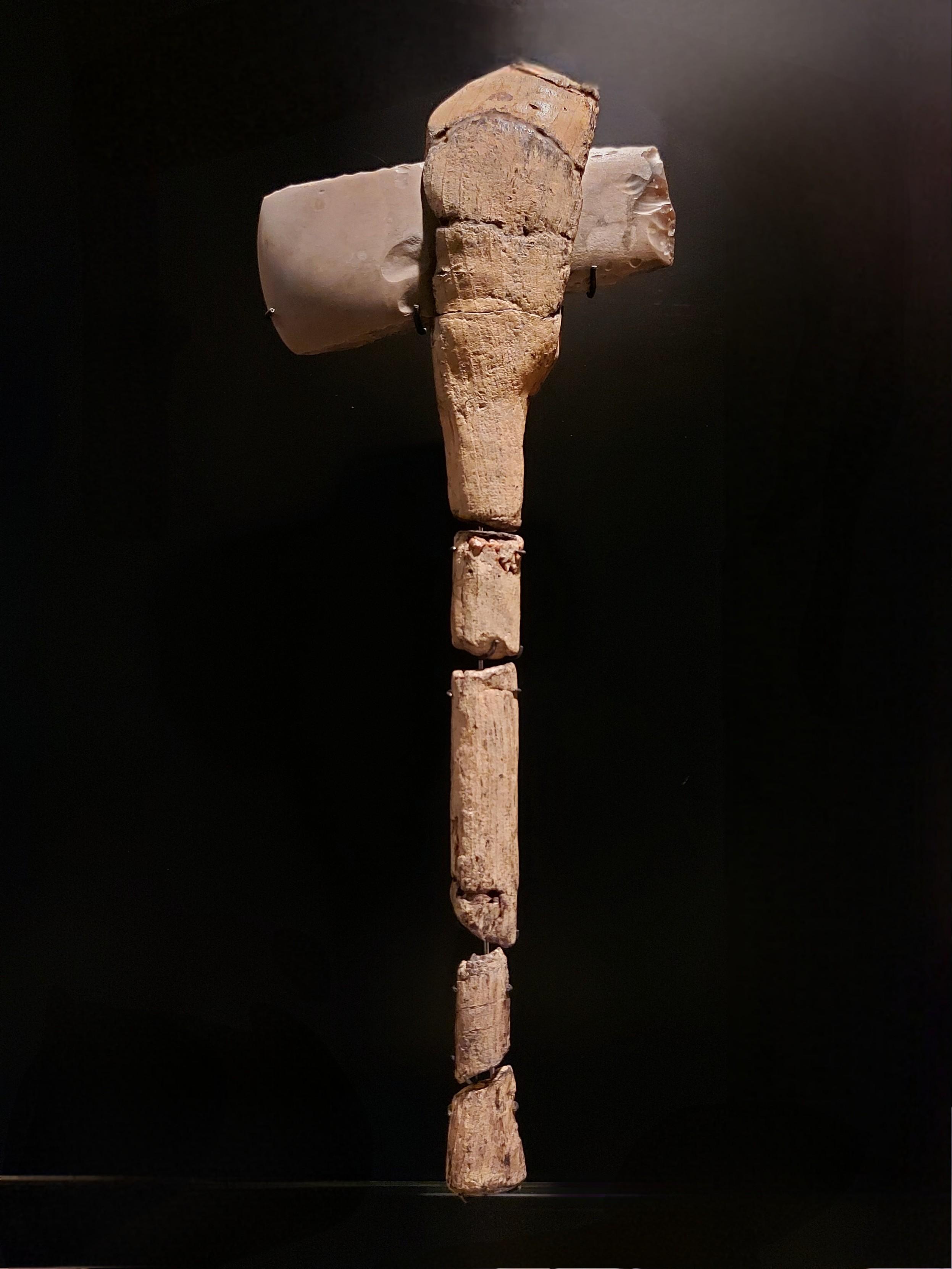The early medieval burial from Gammertingen, 6th century AD.
The high-ranking warrior died in his early 30s and was buried with a Byzantine helmet (a so-called Spangenhelm), his weapons, and his mail armour, which consisted of about 45,000 iron rings!
📷Landesmuseum Württemberg
